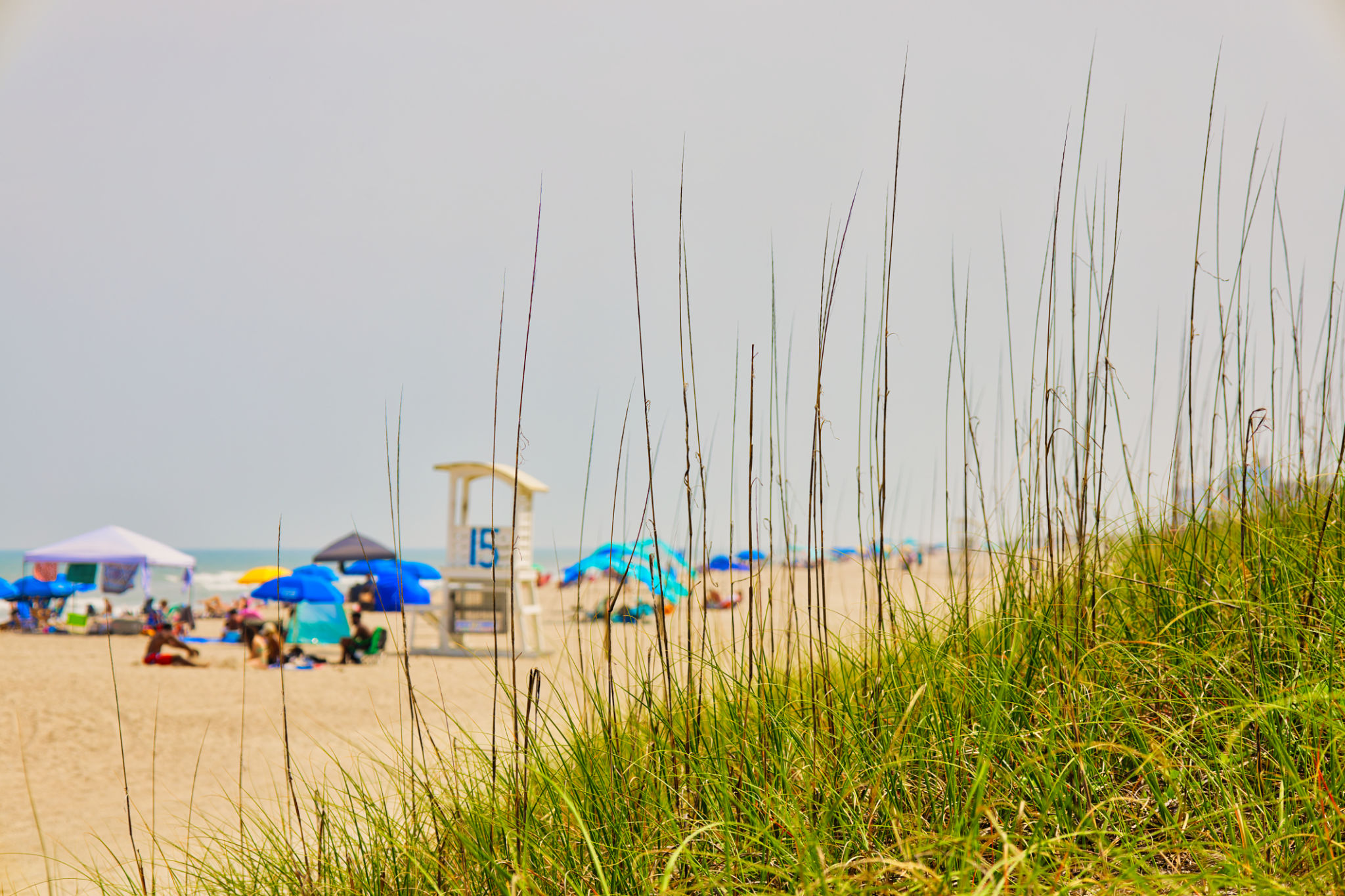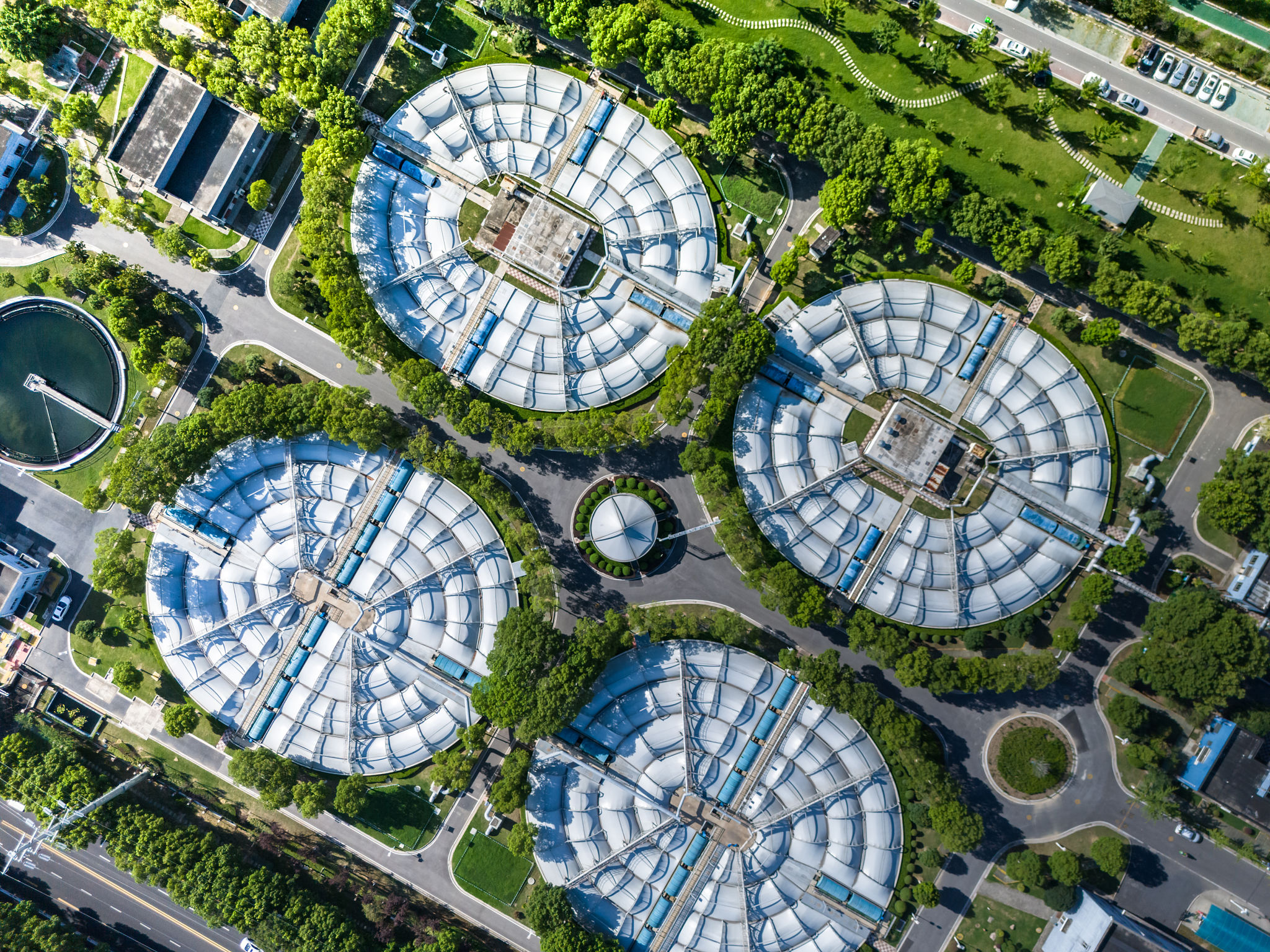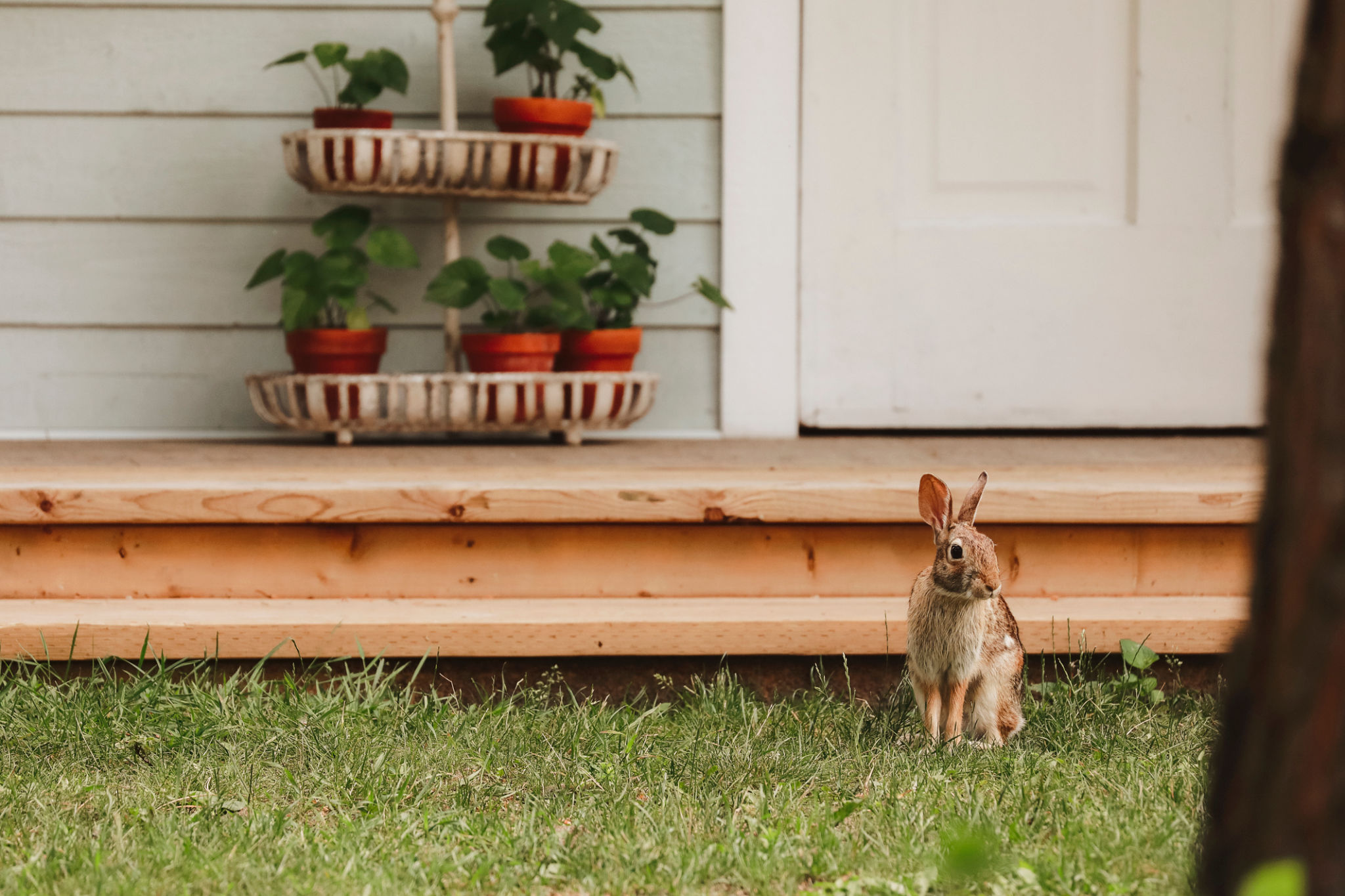Comprehensive Guide to Eco-Friendly Landscaping in Wilmington
Introduction to Eco-Friendly Landscaping
Eco-friendly landscaping is a sustainable approach to designing and maintaining your outdoor spaces. In Wilmington, a city known for its lush greenery and coastal charm, adopting eco-friendly practices is essential to preserving the natural beauty and resources of the area. This guide will help you make environmentally conscious decisions for your landscape, ensuring a thriving garden that supports local wildlife and conserves resources.
Understanding Your Local Climate
Before diving into eco-friendly landscaping, it's crucial to understand Wilmington's climate. The city experiences a humid subtropical climate, characterized by hot summers and mild winters. This means you'll need to choose plants that can withstand heat and humidity while also being resilient during occasional cold snaps. Native plants are often the best choice as they are already adapted to the local climate.

Choosing Native Plants
One of the most effective ways to create an eco-friendly landscape is by incorporating native plants. These plants require less water, fertilizer, and pesticides since they are well-suited to local soil and climate conditions. Some popular native plants in Wilmington include the Eastern Redbud, Southern Magnolia, and Switchgrass. By opting for native species, you can reduce your garden's environmental impact while supporting local biodiversity.
- Eastern Redbud
- Southern Magnolia
- Switchgrass
Water Conservation Techniques
Water conservation is a key component of eco-friendly landscaping. To minimize water use, consider installing a rainwater harvesting system. Collecting rainwater from rooftops can provide an additional water source for your garden. Additionally, implementing a drip irrigation system can efficiently deliver water directly to plant roots, reducing evaporation and waste.

Soil Health and Composting
Maintaining healthy soil is vital for an eco-friendly landscape. Healthy soil supports robust plant growth and reduces the need for chemical fertilizers. One sustainable practice is composting, which involves recycling organic waste like leaves, grass clippings, and food scraps into nutrient-rich compost. This not only enriches the soil but also reduces landfill waste.
Creating Wildlife Habitats
Eco-friendly landscaping also involves creating habitats for local wildlife. Incorporating elements like birdhouses, bee hotels, and butterfly gardens can attract beneficial creatures to your yard. These additions help pollinate plants and control pests naturally, reducing the need for chemical interventions.

Sustainable Lawn Care Practices
Traditional lawn care methods often involve excessive water use and chemical fertilizers. To make your lawn more sustainable, consider reducing its size or replacing it with ground covers like clover or native grasses that require less maintenance. When mowing, set your mower blades higher to promote deeper root growth and reduce water requirements.
Implementing Organic Pest Control
Using organic pest control methods can significantly lessen the environmental impact of your landscaping efforts. Introduce beneficial insects like ladybugs and lacewings that naturally prey on common garden pests. Alternatively, employ homemade remedies such as neem oil or soapy water sprays to deter unwanted visitors without harming the ecosystem.
Conclusion: Embracing Eco-Friendly Landscaping
By adopting these eco-friendly landscaping practices in Wilmington, you can create a beautiful and sustainable outdoor space that benefits both your home and the environment. Remember that small changes can lead to substantial positive impacts over time. With thoughtful planning and consideration, your garden can become a thriving ecosystem that enhances the natural beauty of Wilmington for generations to come.